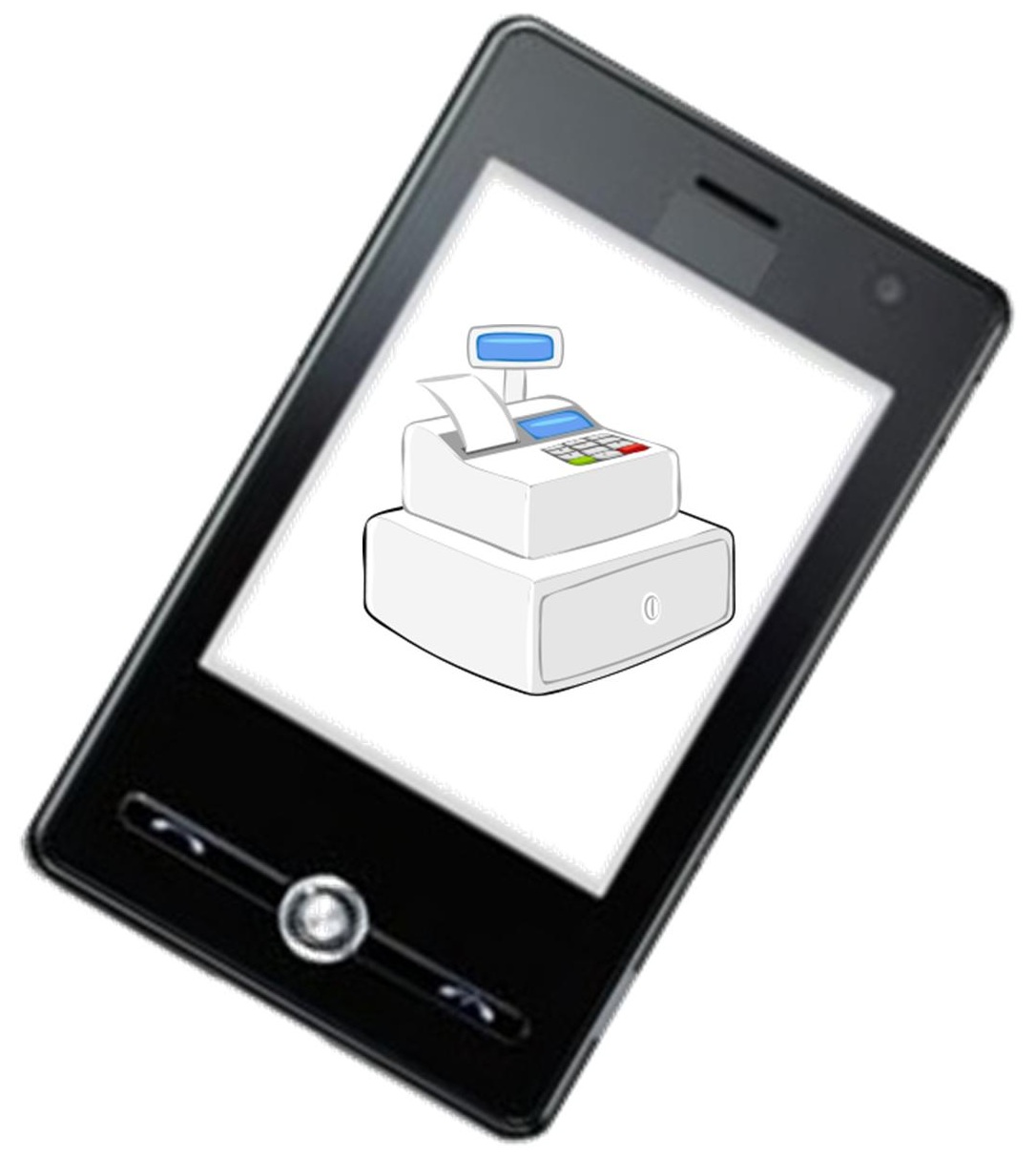If you feel like the Internet shopping represents the best thing since sliced bread with its increased convenience and lowered costs, you are not alone. Millions of people have turned to the Internet to buy everything from Cyber Monday holiday gifts to groceries, and for good reason. An MIT study suggests that online price tags can be up to 16% lower than their real-world equivalent, while online price adjustments over time can be a fraction of those found at brick-and-mortar stores. This does not mean, however, that a physical store should close up shop for digital outlets or vice-versa. How can a company capitalize on both digital and real-world purchases?
Mobile Point Of Sale
A digital business does not necessarily mean that all purchases exist on an Internet network, but wireless access to sales gives a company store’s greater flexibility to receive payments. Mobile point-of-sale solutions have been a major trend in small- and medium-sized businesses in order to connect a customer with a sale without needing to go through a cash register. eMarketer reports that half of all Internet customers use e-coupons in order to get the best value in physical stores, so stores without a mobile point of sale lose out on customers interested in finding a great deal. This does not mean that a mobile point of sale solution represents a one-way street, however, since a business that can use mobiles for card processing gets a leg up on a company that can only take credit cards at a fixed position. An Intuit mobile point of sale unit turns a cell phone or tablet into the only cash register a company may require.
PayPal Economics
Can a person go onto your e-checkout aisle and be able to pay for their purchases without ever putting in a credit card number? If this sounds like a scam to you, you should understand the selling power of a PayPal linked checkout. PayPal reports that some $20 billion in payments are processed through their servers each year. By adding a PayPal checkout to your e-checkout lane, users can skip through pages of tedious payment info, each one of which holds the fatal potential to cause them to lose interest in the purchase.
Social Selling
Nearly every business, digital or physical, understands the value of an active social media presence. By promoting social media, companies turn customers into their own (entirely free) marketing force. Nielsen’s research reports that one in five online purchases involve the user posting their purchase on a social media platform, a windfall for any company looking to expand its contact base. Social shopping may be the next big thing in e-retail as social networks like Facebook attempt to create search engines based on friends, followers, and preferences. Social purchases direct from your profile page may soon follow. Actively encourage any customer, in the real world or the digital world, to post about their purchase and buying experience on as many social media platforms as possible to get valuable word-of-mouth advertising, as well as comprehensive feedback.
Kyle Iverson
Kyle is a business marketing grad from the East coast who spends his time writing about social demographics and going to trade shows.

 Mobile commerce continues to change the way people pay for products
Mobile commerce continues to change the way people pay for products